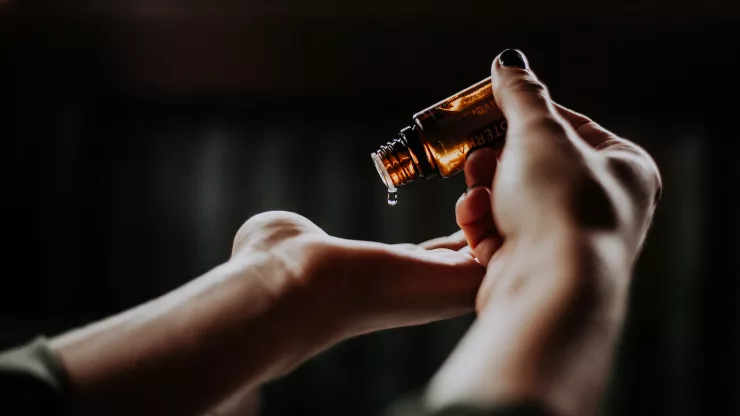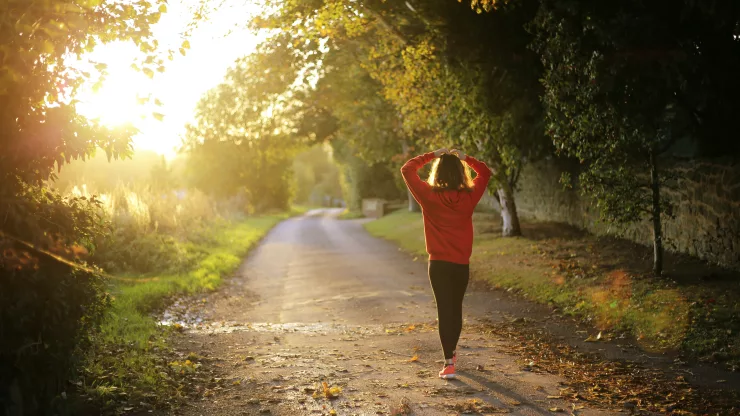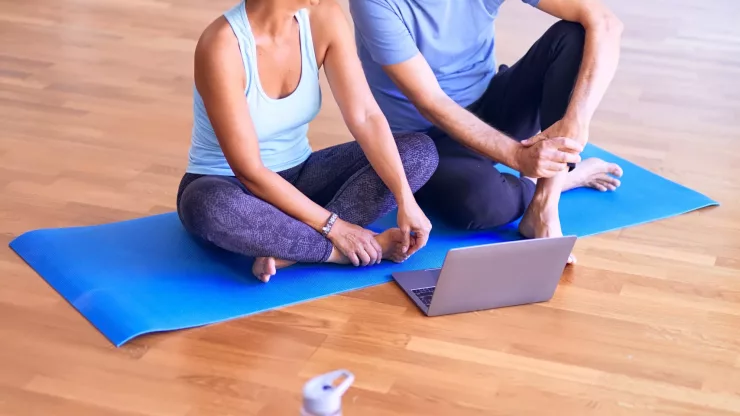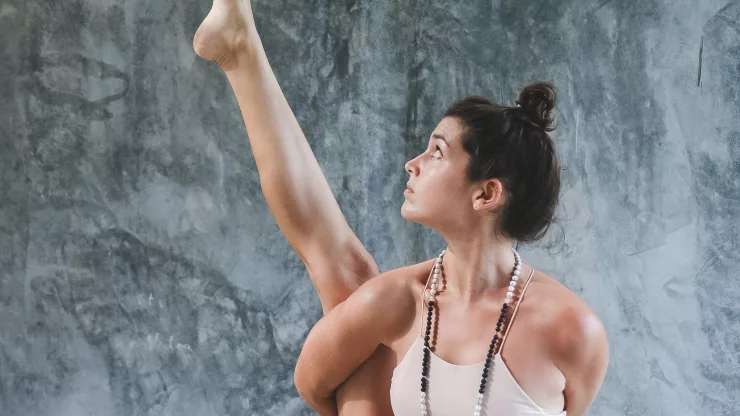In today’s fast-paced world, it’s easy to get caught up in the hustle and bustle of everyday life. From work deadlines to family obligations, stress can quickly pile up and take over.
However, there are natural ways to combat stress and promote relaxation and happiness. One of these ways is through the use of essential oils.
Not only do they smell great, but they can also have a positive impact on your emotional and mental well-being.
In this article, we’ll explore the benefits of essential oils for relaxation and happiness and provide you with tips on how to use them effectively.
Jump to Section
Why Essential Oils are Great for Relaxation and Happiness
Understanding the Chemistry Behind Essential Oils
Essential oils are highly concentrated plant extracts that are obtained through various methods such as steam distillation, cold pressing, or solvent extraction.
These oils contain the essence of the plant and are known for their therapeutic properties.
The chemical composition of essential oils can vary depending on the plant species and the extraction method used. Some of the chemical components found in essential oils include terpenes, phenolics, ketones, and aldehydes.
How Essential Oils Affect Our Emotions and Mood
The use of essential oils for emotional well-being is not a new concept. Aromatherapy has been used for centuries to promote relaxation, relieve stress, and uplift the mood.
The scent of essential oils can stimulate the olfactory system, which is directly linked to the brain’s limbic system. This system controls emotions, behavior, and long-term memory.
When essential oils are inhaled, they can trigger a response in the limbic system, which can have a calming or uplifting effect on the mind and body.
One study found that inhaling lavender essential oil can reduce anxiety levels and improve mood in patients undergoing open-heart surgery. Another study found that bergamot essential oil can reduce the levels of cortisol, the stress hormone, in saliva, leading to a decrease in perceived stress.
Top Essential Oils for Relaxation and Happiness
Lavender Essential Oil
Lavender essential oil is one of the most popular essential oils used for relaxation and sleep. It has a calming and soothing effect on the mind and body and can reduce anxiety and stress levels.
Lavender essential oil can also promote restful sleep and relieve headaches and migraines.
To use lavender essential oil, you can add a few drops to a diffuser or mix it with a carrier oil for a relaxing massage.
Bergamot Essential Oil
Bergamot essential oil has a fresh and citrusy scent and is known for its mood-lifting properties. It can reduce feelings of anxiety, stress, and depression and promote feelings of happiness and well-being.
Bergamot essential oil can also improve the overall quality of sleep and reduce insomnia symptoms.
To use bergamot essential oil, you can add a few drops to a diffuser or mix it with a carrier oil for a soothing massage.
Ylang Ylang Essential Oil
Ylang Ylang essential oil has a sweet and floral scent and is often used in perfumes and skincare products. It has a calming effect on the mind and body and can reduce stress and anxiety levels.
Ylang Ylang essential oil can also promote relaxation and improve sleep quality.
To use ylang-ylang essential oil, you can add a few drops to a diffuser or mix it with a carrier oil for a relaxing massage.
Chamomile Essential Oil
Chamomile essential oil has a warm and herbaceous scent and is known for its relaxing and calming properties. It can reduce anxiety and promote restful sleep, making it a great essential oil to use before bedtime.
Chamomile essential oil can also relieve tension headaches and muscle pain. To use chamomile essential oil, you can add a few drops to a diffuser or mix it with a carrier oil for a soothing massage.
Frankincense Essential Oil
Frankincense essential oil has a woody and earthy scent and is often used in meditation and spiritual practices. It can reduce feelings of stress and anxiety and promote relaxation and peace of mind.
Frankincense essential oil can also improve the overall quality of sleep and reduce the symptoms of insomnia.
To use frankincense essential oil, you can add a few drops to a diffuser or mix it with a carrier oil for a calming massage.
How to Use Essential Oils for Relaxation and Happiness
Topical Application
Essential oils can be applied topically to the skin for their therapeutic benefits. However, it’s important to dilute them with a carrier oil such as coconut oil, jojoba oil, or almond oil before use.
This will prevent skin irritation and ensure safe use. Some popular areas to apply essential oils include the temples, back of the neck, and soles of the feet.
Aromatherapy
Aromatherapy is the use of essential oils for their scent and therapeutic benefits. Essential oils can be diffused in a room using a diffuser or added to a warm bath for a relaxing soak.
Aromatherapy can reduce stress, promote relaxation, and improve sleep quality.
Internal Consumption
Not all essential oils are safe for internal consumption and should be used with caution. Some essential oils can be added to food and drinks for flavor and therapeutic benefits.
However, it’s important to do your research and consult with a healthcare professional before using essential oils internally.
Possible Risks and Precautions
Essential oils are generally safe when used correctly and in moderation. However, some essential oils can cause skin irritation or allergic reactions.
It’s important to do a patch test before using an essential oil topically and to dilute essential oils with a carrier oil before use.
Some essential oils should be avoided during pregnancy, while others may interact with certain medications.
It’s important to consult with a healthcare professional before using essential oils if you have any medical conditions or are taking medications.
Essential Oil Blends for Relaxation and Happiness
Calming Blend
A calming blend of essential oils can promote relaxation and reduce stress levels. To make a calming blend, mix equal parts of lavender, bergamot, and chamomile essential oils and add a few drops to a diffuser or mix it with a carrier oil for a relaxing massage.
Uplifting Blend
An uplifting blend of essential oils can promote happiness and a positive mood. To make an uplifting blend, mix equal parts of bergamot, ylang-ylang, and frankincense essential oils and add a few drops to a diffuser or mix it with a carrier oil for a mood-boosting massage.
DIY Essential Oil Recipes for Relaxation and Happiness
Relaxing Bath Soak
To make a relaxing bath soak, mix ½ cup of Epsom salt, ½ cup of baking soda, and 10-15 drops of lavender essential oil. Add the mixture to a warm bath and soak for 20-30 minutes.
Mood-Boosting Massage Oil
To make a mood-boosting massage oil, mix 2 tablespoons of jojoba oil, 5 drops of bergamot essential oil, and 5 drops of ylang-ylang essential oil. Massage the oil onto the skin for a relaxing and uplifting experience.
Calming Pillow Spray
To make a calming pillow spray, mix ½ cup of distilled water and 10-15 drops of chamomile essential oil in a spray bottle. Spray the mixture onto your pillow before bedtime for a restful night’s sleep.
Happiness Diffuser Blend
To make a happiness diffuser blend, mix 3 drops of bergamot essential oil, 2 drops of ylang-ylang essential oil, and 2 drops of frankincense essential oil. Add the mixture to a diffuser and enjoy the uplifting aroma.
Conclusion
Essential oils offer a natural and effective way to promote relaxation and happiness. With their soothing scents and therapeutic properties, they can help reduce stress, promote relaxation, and uplift the mood.
However, it’s important to use them safely and responsibly.
Always dilute essential oils before use, do a patch test to check for skin reactions, and consult with a healthcare professional before using essential oils if you have any medical conditions or are taking medications.
With these precautions in mind, you can enjoy the wonderful benefits of essential oils for relaxation and happiness.

With a deep passion for personal development, Ben has dedicated his career to inspiring and guiding others on their journey towards self-improvement.
His love for learning and sharing knowledge about personal growth strategies, mindfulness, and goal-setting principles has led him to create My Virtual Life Coach.
Contact Ben at [email protected] for assistance.




